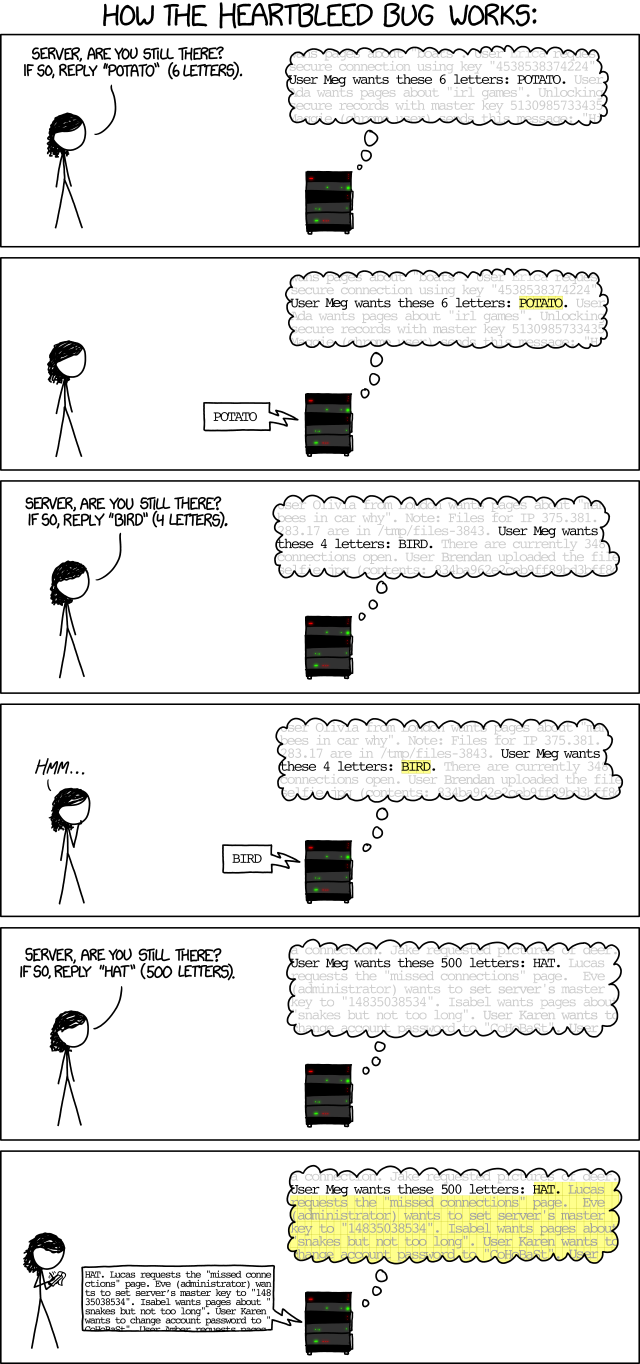I'm very sceptical about the Pono.
Dave Mark over at the Loop wrote a short but thought-provoking piece about this new digital audio player, linking among other things to a pretty bad and overly negative piece that didn't really address issues that go beyond taste and personal preference.
The design is not an issue. To each his own. Even when Apple was crushing the DAP industry with the iPod, companies like Cowon and iRiver did their thing and still sold devices. The latter two and a few others gained a reputation for delivering great sound, better than the iPod's and that reputation was well-earned. Until the iPod Classic came around they definitely used the better audio chips, took more care in designing the circuit boards, which resulted in objectively better sound.
Nowadays there are players like the HiFi-Man that not only do what the Pono can do already, but also cater directly to the kind of people that the Pono will try to win over. What's more—and that's something the Pono will have to prove—is that the HiFi-Man delivers enough power to drive big expensive and small and expensive headphones and in-ear monitors without the need for a separate amp.
But where I'm really sceptical about the Pono (and the HiFi-Man for that matter), is that the audio files they can play, the fidelity they claim to offer, is nearly impossible to appreciate by humans.
Back when the Pono was first announced, Christopher "Monty" Montgomery of the XIPH.org Foundation (makers of the OGG codec) wrote a great article about the limits of human hearing and why to even the best ears, 24 bit/192 kHz music doesn't sound better than 16 bit/48 kHz.
It's well worth a read to understand that whatever claims will be made about the device's audio quality prowess, is most likely going to be voodoo, misdirection and lies aimed at nothing but selling devices and music.
Even worse, a possible debate what constitutes good audio quality might not revolve around "Having a good offering of losslessly encoded music would be amazing!" but "24/192 or death!", akin to the megapixel race that brought us ever smaller digital cameras with small chips and big numbers that amounted to no better pictures than the generation before them — thankfully the photography industry has found its way out of this mess.
This debate will be led by a small groupp of very loud people who listen to gear rather than music, who value the numbers and specs of the technology they listen with more than the what the technology was made for. To quote my friend Darby Lines: "Nerds ruin everything". This breed of audiophiles is deluding themselves and has already created an industry around them that sells $ 1000.- ethernet cables for better audio quality — a digital connection, mind you.
I love music. I'm also a fan of good audio gear. My home system is a well set-up Yamaha Pianocraft E400 and my mobile setup is my iPhone and a pair of Westone UM3X RC with custom earmolds (frankly my favourite earphones so far; not the objectively best earphones I've ever had, but I simply love the tuning). I'm also a proponent of losslessly encoded music, because it sounds a lot better than what is being sold in the iTunes Store or on Amazon at the moment. But there are limits to what we can hear and I think that having Apple, Amazon and others offer FLAC or Apple Lossless files in their stores would be a greater step in the right direction than the Pono ever will be.
(It would save me from having to still buy CDs among other things.)
